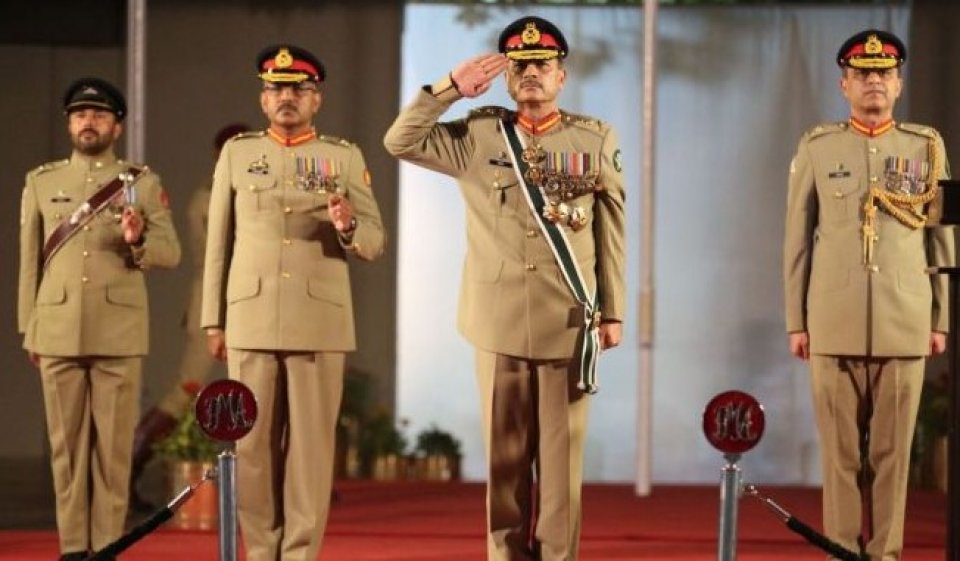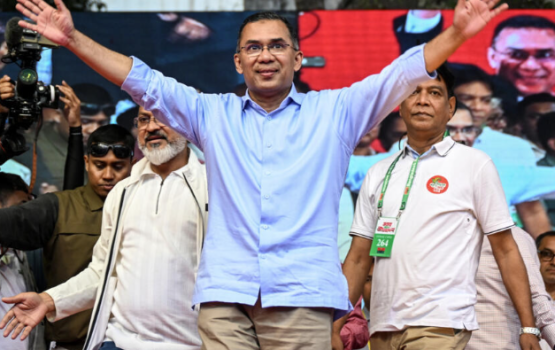Pakistan's powerful military establishment pressed ruling coalition members to carry critical measures through parliament without debate. In unprecedented haste, the government passed all six bills—seeking to extend the tenure of the country's three armed forces chiefs and increase the number of judges in the superior courts.
The most contentious of the six laws is the expansion of the three military chiefs' terms from three to five years. To put it simply, Pakistan's chief of army staff (COAS) can now lawfully serve for ten years, while the army chief can serve for two terms. This decision undermines democracy in Pakistan, and de facto military control has taken hold.
The new bill ensures that Army Chief General Syed Asim Munir, who has served for two years, would continue to oversee the country's formidable military institution until November 2027. He can also legitimately seek another five-year term once his current term expires in 2027. Munir's extension may have serious ramifications for opposition parties, particularly Imran Khan's Pakistan Tehreek-i-Insaf (PTI). Experts believe that the ruling alliance, led by Shehbaz Sharif, lobbied for the army chief's term extension to shield itself from political opposition and public displeasure. In exchange, the military establishment is anticipated to keep Khan in prison, selectively target PTI supporters, and prevent large-scale street rallies against the ruling alliance. Notably, in November 2022, Sharif appointed General Munir to a three-year tenure.
These bills were passed without prior discussion and silenced lawmakers from opposition parties. Furthermore, just hours after the new laws were passed, the government sent the documents to the acting President of Pakistan, Yusuf Raza Gilani, who signed them informally at his home. This demonstrates how non-serious the ruling coalition was about these crucial legislations and suggests they were under pressure from the military to pass them quickly.
Critics claim that the new legislation will cause unrest among the three military services since many senior officers will lose their chance to become chiefs. Furthermore, the armed forces, particularly the army, may become increasingly politicized as senior generals attempt to connect with major political parties in order to advance to high-level positions. Importantly, Pakistan's prime minister has the right to appoint the army, navy, and air force chiefs. Furthermore, the reforms remove previous age restrictions and broaden tenure choices, allowing the Chief of Army Staff and senior military officials to serve beyond the previously mandated age of 64 if national security or urgent demands arise. (Asianlite)







